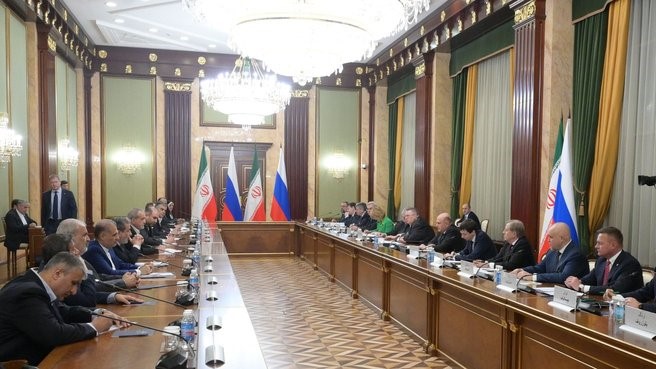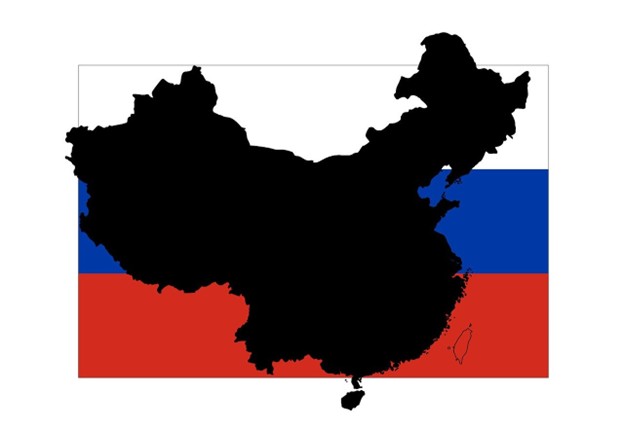NGO’s like Catholic Charities, Lutheran Social Services and the like have been getting big money from the federal government for years to provide assistance to “refugees.”
On its face, this sounds reasonable. In the immortal words of Emma Lazarus, in her poem, The New Colossus, “Give me your tired, your poor, your huddled masses yearning to breathe free.” She even calls the subject of her poem, the Statute of Liberty, the “Mother of Exiles.”
But in our book. Not Wasting a Crisis, The Lawless Biden Administration, , at Chapter 21, we describe the abuse of the immigration system by Homeland Security under former Secretary Alejandro Mayorkas:
“Asylum claims asserted by illegal border crossers at the border are screened for ‘credible fear,’ that is, ‘there is a ‘significant possibility’ that he or she could establish in a full hearing before an Immigration Judge that he or she has been persecuted or has a well-founded fear of persecution or harm on account of his or her race, religion, nationality, membership in a particular social group, or political opinion if returned to his or her country.’ As described by the [Congressional Research Service], ‘Credible fear is a ‘low bar’…[a]ccording to [Government Accounting Office] statistics from fiscal years 2015–2019, about 77% of asylum seekers and 87% of asylum seekers in family units establish credible fear…’DHS…can choose to place undocumented migrants directly into immigration court proceedings….[t]o do so, DHS typically releases the migrant from custody with a notice to appear in immigration court (‘NTA’). The practice of releasing undocumented migrants with NTAs…is sometimes called ‘catch and release.’ This is the loophole that most illegals use to cross over our border and remain in our country. They claim status as an asylum seeker with a credible fear of persecution if they return home; receive a Notice to Appear in Immigration Court; and are released into our country.”
To summarize what has been happening for the past four years; Homeland Security accepted at face value the majority of claims by illegal border crossers that they were refugees, allowed them into the country, and NGOs like Catholic Charities and Lutheran Social Services received lavish federal grants to provide these “refugees” with a variety of social services, such as food, housing and travel across our land.
This made NGOs a partner to the Biden Administration’s law breaking, a partner who was very well paid for their services out of the public coffers.
Of course, no one expects these NGOs and their allies in the Democrat Party to just give up on their extremely profitable business. As described by Forbes, “[c]oalitions of Democratic state attorneys general and nonprofits announced lawsuits against President Donald Trump’s administration…over its guidance temporarily pausing nearly all federal assistance, the first in what’s expected to be a series of lawsuits taking aim at the guidance as legal experts argue it’s unlawful…Plaintiffs argued the guidance will have a ‘devastating impact’ on nonprofits that receive government grants, which depend on the federal funds ‘to fulfill their missions, pay their employees, pay their rent—and, indeed, improve the day-to-day lives of the many people they work so hard to serve.’”
Certainly, there are organizations doing useful and legal work who are justified in asking that their federal funding continue unabated. But if the mission of the nonprofit is to assist “undocumented” border crossers with questionable claims to refugee status to enter and remain in the United States in violation of the immigration laws, then what is unreasonable about stopping those groups from these unlawful activities?
We can predict that there will be federal judges who believe that the grant money gravy train should continue, and order Homeland Security to keep the spigot open. But even if such judicial activism occurs, the Trump Administration is moving to make such orders irrelevant by keeping these so-called refugees out of the hands of their NGO enablers.
Besides making stronger efforts at closing the border in the past month than the Mayorkas-led Homeland Security did in the last four years, President Trump has also issued an Executive Order “Realigning the United States Refugee Admissions Program.”
” Over the last 4 years,” the order reads, “the United States has been inundated with record levels of migration, including through the U.S. Refugee Admissions Program (USRAP). Cities and small towns alike…have seen significant influxes of migrants…The United States lacks the ability to absorb large numbers of migrants, and in particular, refugees, into its communities in a manner that does not compromise the availability of resources for Americans, that protects their safety and security, and that ensures the appropriate assimilation of refugees.”
Therefore, on this basis, “This order suspends the USRAP until such time as the further entry into the United States of refugees aligns with the interests of the United States.”
Kind of hard to spend grant money on refugees that aren’t there, isn’t it?
Most important, as this issue gains attention, more and more people are becoming aware of the misuse of public funds perpetrated by the Biden Administration and their allies in non-governmental organizations.
As Fox News host Greg Gutfeld said during his opening monologue late in January of this year, “Something non-government, how can that be bad? True, it sounds safe, even boring…see, I thought NGOs were actually charities…but NGOs are not charities, far from it. Many powerful NGOs have fueled America’s illegal crisis by subverting the laws, by actively transporting migrants into the country, moving them from one city to the next to avoid detection, and basically throwing your money around…you must have wondered as you watched the migrants stream across the border, how did they even get to that point? Who was aiding and supplying them…who was behind this? As it turns out, you and I were, without our knowledge. You assumed that NGOs didn’t have their fingers in your wallet, when in reality they’re pickpocketing you… and they profit from doing things that were considered illegal for Uncle Sam to do himself. And they receive a bulk of their funding from us.”
For years, we have been describing this system of criminal behavior in detail, and in all that time, our warnings have been roundly ignored or discounted. But one of the most positive effects of the dawning of the Trump Administration is our ability to now watch the new government reveal these methods to the public at large by which the lawless Biden Administration violated our laws.
Thus, whether or not a federal judge orders the spending to continue becomes irrelevant in many ways. The practice of NGOs using their public funding to help illegal border crossers to break the law is now revealed for all to see. The issue is no longer shrouded in darkness.
And day light often serves as the best disinfectant.
Judge John Wilson (ret.) swerved on the bench in NYC.
Illustration: Pixabay









